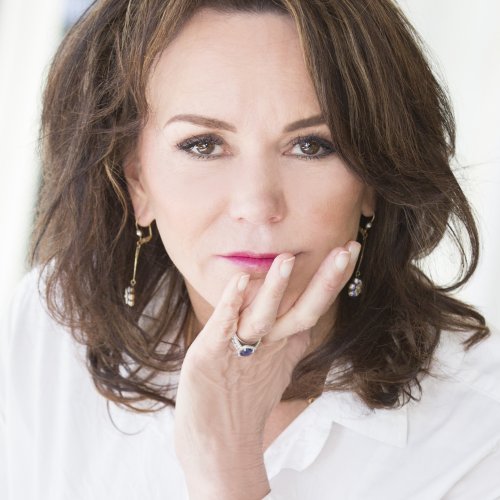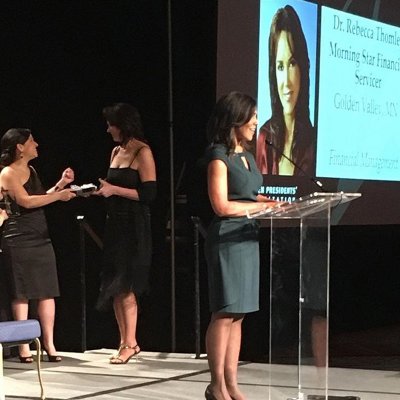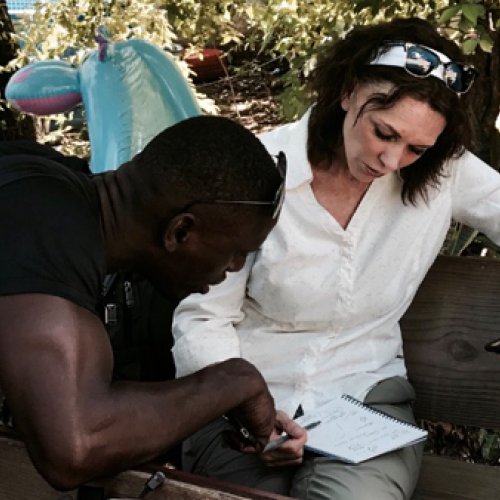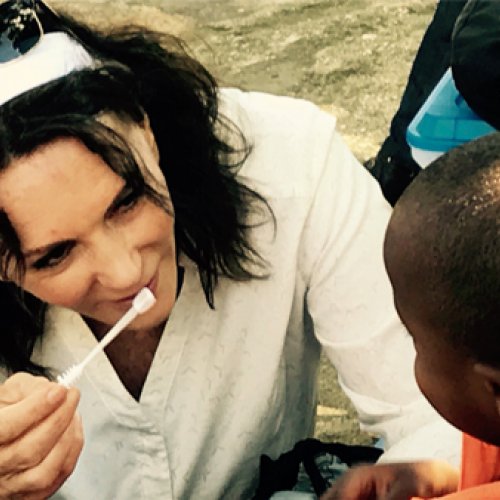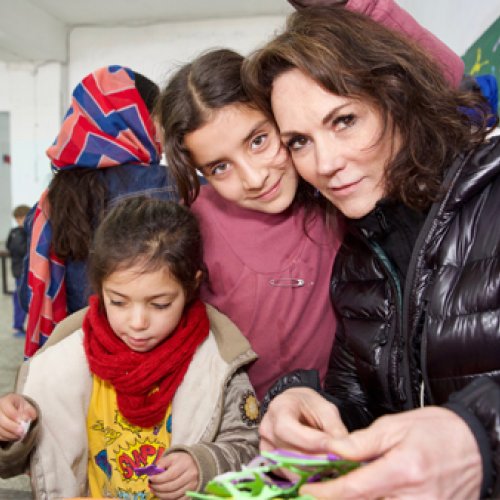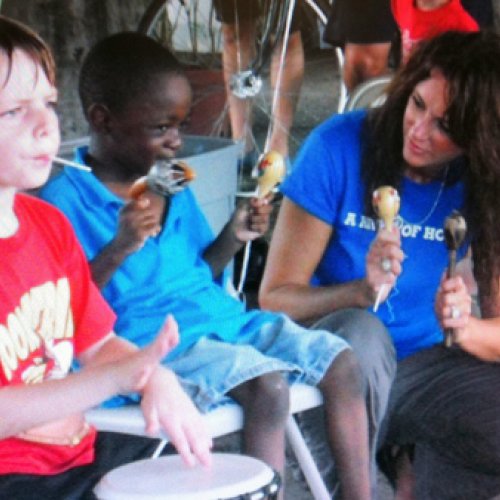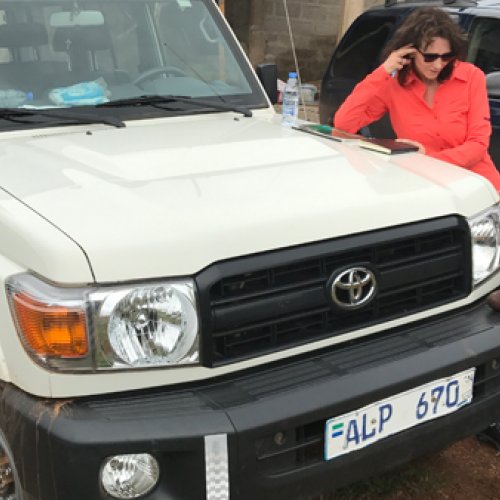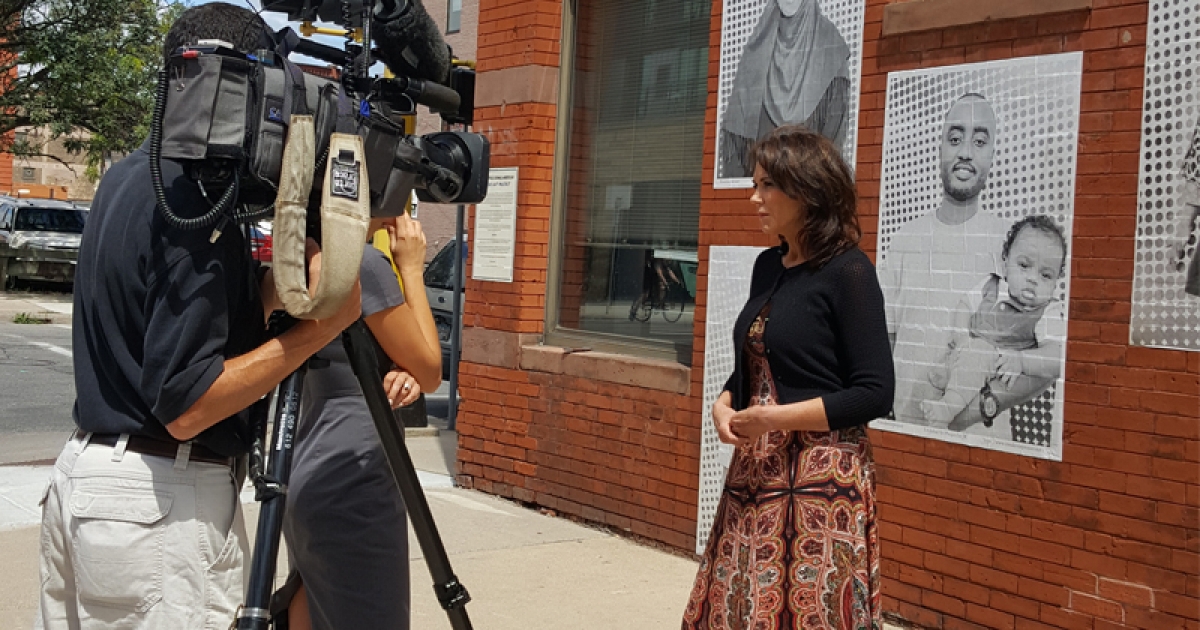“At Global Thinkers Forum We Have A Unified Vision”
Q: Rebecca, if you were to describe yourself in 150 words, what would you say?
A: I am someone who thinks in terms of possibilities. I love ideas. I am curious about people and cultures and seek new learning experiences. While I value education very deeply, I don’t equate education with achievement. I value experience and prefer to work with individuals who act and take risks. I am fiercely independent and not particularly fearful. While I am competitive, it is with myself and not others. I love to see the people in my life succeed and grow.
I am introverted and focus on the process of self-awareness and practice consciousness in my interactions with others. I am aware that my strengths can also be my weaknesses and try to never lose sight of that. I seek to continue to grow and develop through my life experiences.
"We can all rise together"
Q: Tell me about a project or accomplishment you consider to be most significant.
A: I was part of a grassroots group that founded Headwaters Relief Organization after Hurricane Katrina. Headwaters seeks to inspire individuals to volunteer in service to others. Headwaters has worked nationally and internationally and has volunteers globally. We have worked with teams and people who have vastly different experiences and cultures than our own. We create partnerships in communities wherever we serve. We are open to new opportunities and have not limited ourselves. This has resulted in incredible opportunities for volunteers to unite in humanitarian work.
Q: What are the most important learning for you in leadership, entrepreneurship and mentoring others?
A: I encourage those I mentor to look for advisors, from both inside and outside of their industries. It is important to work with people with different training and education. They offer new perspectives on all aspects of your business. I also encourage a focus on ethical leadership and how that can impact on your success as well as your own peace of mind.
I challenge individuals to open their work for review and to see this as an opportunity for growth. I may also advise someone to look at opportunities through a variety of perspectives. This allows for creative growth. In addition, I encourage careful and thoughtful evaluation and understanding before offering an opinion or making a decision.
Q: Can you share a couple of stories that inspired you?
A: As part of a medical first responder team after Hurricane Katrina, I was working in the devastated Ninth Ward of New Orleans. I stood with a pastor who was seeing his church in ruins for the first time. I could feel his pain and saw his tears. The Pastor and his family had also lost their homes. Even in what he would later describe as some of his darkest hours, he reached out to work with us in supporting his community. Despite all that happened to him, he was thinking of others first.
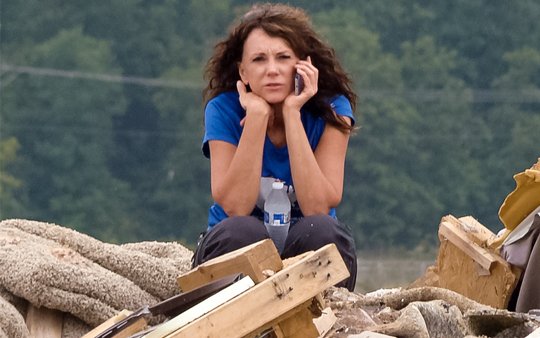
I met a medical director of a hospital when we responded to an earthquake in Nepal. The hospital, like much of that region, had been severely damaged by the earthquake. The director and his staff were unable to contact their own families to know if they were safe. He was committed to keeping the hospital open for the wounded, and to motivating his staff to stay and care for others. While our team was there, another earthquake struck and reduced the rest of the hospital to rubble. The medical director persisted. The hospital, which sits at the old base for the beginning of the climb of Mount Everest, has since been rebuilt.
Q: Do our societies face an issue of trust? How do you explain Trump and Brexit?
A: The elections in the U.S. and Britain were in part indications of the trust issues those electorates had with politicians. The political fights and lobbying never seem to be about people who need help the most; there are so many who are disenfranchised. The Women’s March, the day after the inauguration, was comprised of individuals and many interest groups who gathered to speak with one voice. At this critical time, did it take these election outcomes to move people to action?
Q: How do you think the refugee crisis is going to affect our society/countries in years to come?
A: The refugee crisis is very personal as I have worked directly with people in camps whose life stories are remarkably similar to any of ours, except for a crisis that made them flee into uncertainty. I have seen more courage in my short time in those camps than I have seen during the rest of my lifetime. And so, I think that we ignore refugees at our peril. When we fail to be compassionate, will others be there to help us? If we isolate, are we ignoring the gifts that these people could bring to our communities? There are so many rewards for embracing others and making them feel at home in the world again.
Q: What makes a global thinker?
A: Being a global thinker means you understand that you have a role in supporting and leading others to create positive change for the common good. Global thinkers focus on our shared humanity and work towards a unified vision that can represent all.
Q: Other thoughts?
A: It is truly an honour to be asked to be part of the Global Thinkers Forum and to have the opportunity to work side by side with other individuals who have a vision of accountable leadership, women’s empowerment and youth development.
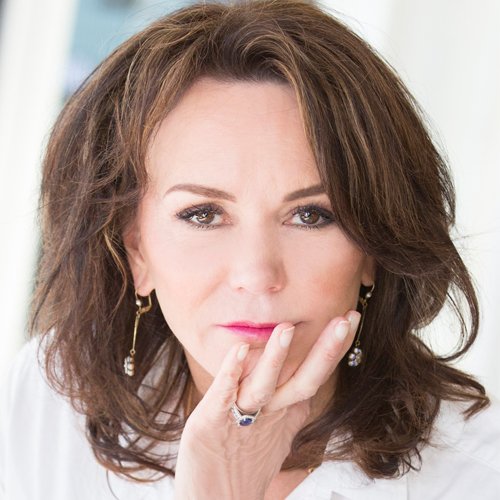
Dr. Rebecca Thomley
CEO, Orion Associates
Dr. Rebecca Thomley is an entrepreneur and a licensed psychologist. She is the CEO of Orion Associates and its related companies. Orion Associates provides services for related and unrelated companies, including profit and non-profit organisations.
Orion Associates has been recognised for the last three years as one of the top ten fastest growing woman-owned businesses nationally. Orion Associates has also been nationally recognised by Inc. Magazine's "500/5000 list for fast growing companies for the past four years. Orion Associates has business operations nationally and in Haiti.
Rebecca is one of the founding members of Headwaters Relief Organization. Headwaters' volunteers have responded to floods, fires, hurricanes and other natural and man-made disasters in the United States. The organisation has also responded internationally to tsunamis, earthquakes, typhoons and most recently the refugee crisis. Headwaters Relief Organization operates a mental health resource centre in New Orleans and provides ongoing services in Haiti.
Rebecca's education includes graduate degrees in Psychology and Rehabilitation, Business, Psychopharmacology, Public Health, and a Doctorate in Clinical Psychology. She serves in volunteer advisory roles in mental health with the American Red Cross and the American Psychological Association's Disaster Resource Network. Rebecca has published, written or edited books on breast cancer and international children’s books related to trauma. She also coauthored studies related to volunteerism and trauma based on her work in New Orleans after Hurricane Katrina and in Haiti after the earthquake in 2010.
Published: 19/07/2017


